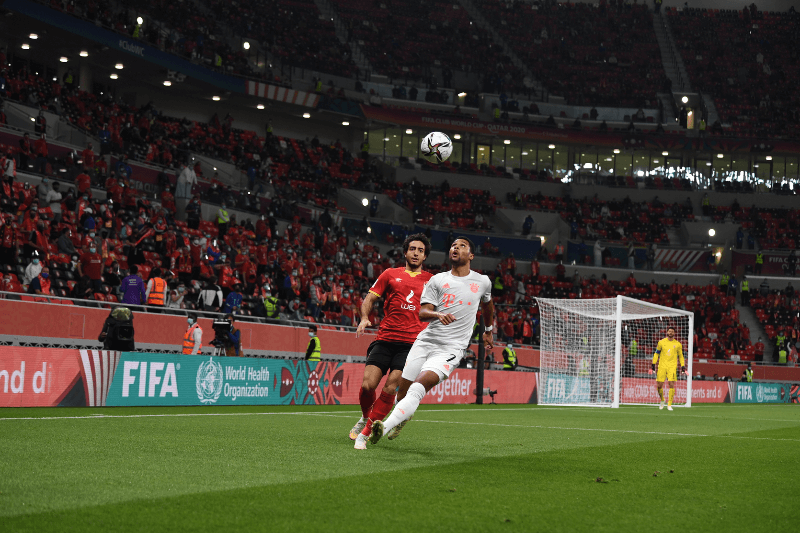Strengthening Health and Well-Being through Sport Events, this new report is from the Sport for Health partnership initiated in 2021 by Qatar and WHO in collaboration with FIFA and Qatar’s Supreme Committee for Delivery and Legacy. The new report was introduced at a Ministerial event called Strengthening Health and Well-being Through Sport Events, which took place in Doha during the ongoing 71st WHO Eastern Mediterranean Regional Committee.
H.E. Dr Hanan Mohamed Al Kuwari who is Qatar’s Minister of Public Health stated that the collaboration between Qatar, WHO and FIFA will motivate organisers of significant international sporting events to cooperate with health considerations into their planning and execution of events.
Dr Al Kuwari emphasised that the Sport for Health model showcases a dedication to the transformative impact of major sports events to adapt sustainable improvements in public health and well-being. This report outlines the joint efforts and a smooth approach that brings together nations, international organisations, and sports bodies towards a common goal.
According to Dr Tedros Adhanom Ghebreyesus the WHO Director-General said that the report will illustrate how sports and sporting events can empower individuals to pursue healthier lifestyles both physically and mentally.
Dr Tedros highlighted that health promotion, advocacy and security will be actively participating with the organisation for large sporting events. He assured that WHO’s commitment is to make sure that the sporting events will continue to serve as strong influences towards a sustainable health. Qatari Olympic high-jump champion Mr Mutaz Barshim shared that sports possess an unimaginable potential to inspire, unite and change lives.
The Sport for Health Partnership has resulted in a lot of health related initiatives during the FIFA World Cup Qatar 2022, mainly focusing on health promotion including tobacco control, healthy eating, mental health and physical activity. Also it includes health security, advocacy and communication efforts.
A review study of the three-year initiative resulted in several recommendations, highlighting the need to create memorandums of understanding with the private health sector such as hospitals and healthcare providers before any major events to lay the groundwork for effective collaboration. Secondly to engage all pertinent authorities and organisations in decision-making, planning and execution processes. And to develop and assess thoroughly all the plans and procedures to improve the safety at major sporting events and frequently to test these with an extensive training program and a series of major incident drills. Finally to implement mechanisms which practise public health and social measures as well as any other established health protocols.
The Sport for Health partnership was created to safeguard the health protections during and after the tournament and by ensuring a secure and enjoyable experience for visitors, athletes, staff and residents. This initiative also aimed to promote health beyond sports by taking advantage of the World Cup and its legacy by linking it to various programs that encourage physical activity, nutritious eating and healthy lifestyle choices. This report contains the lessons that were learned and outcomes of the partnership by presenting the Healthy FIFA World Cup Qatar 2022 project as a model which can be adaptable for future sporting events.






















